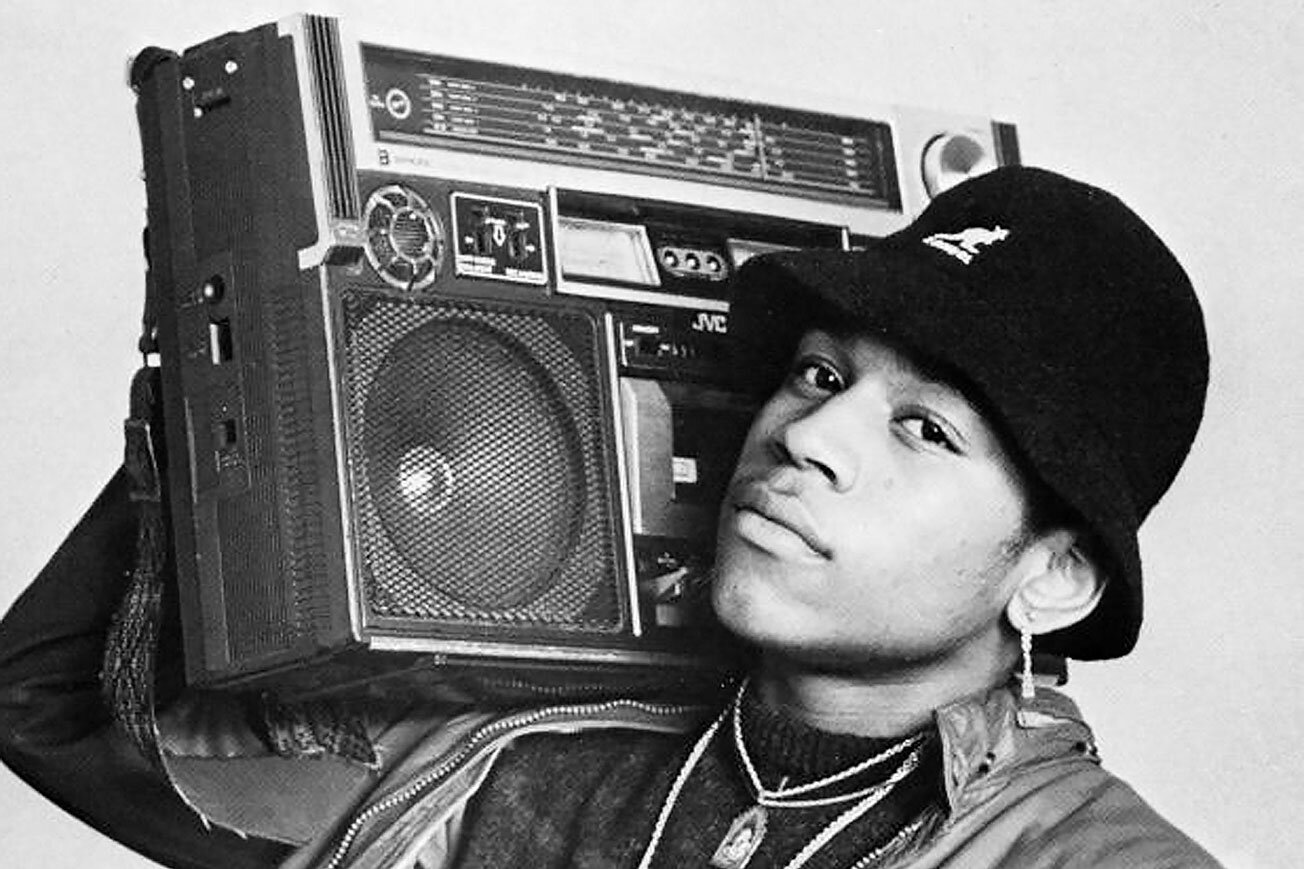What's Rock 'n' Roll?

The Rock and Roll Hall of Fame inductees and those left out suggest the need to rethink some basic questions.
Second-guessing the Rock and Roll Hall of Fame inductees is a ritual as time-honored as quibbling over Jazz Fest's lineup each year, but that doesn't mean it's pointless. Trying to sort out the thought processes of those who decided that Rush and Heart get in this year but Chic remains out, along with Kraftwerk and The Meters, suggests some of the ways people think about music meritorious of recognition.
Year in, year out, the voters tend to favor a very conventional notion of talent; that is, the inductees tend to be good at doing something that is obviously challenging and impressive. Neil Peart of Rush is known for prodigious drumming skills, and Ann Wilson of Heart has a big, powerful Robert Plant-like voice but she can also sing Aaron Neville's "Tell It Like it Is" with touch and grace. I fear that if Donna Summer were still alive, she'd be on the outside looking in, but she did have a great voice, one that became evident as her career moved away from the songs that made her place in history. Inductees Public Enemy's music sounds difficult as well - Chuck D's flamethrower delivery, the dense, aggressive, referential musical tracks - while Kraftwerk crystalized people's suspicion of them in a line from "Pocket Calculator": "By pressing down a special key, it plays a little melody." Nothing to it, and while the music of The Meters and Chic require more obvious dexterity, their grooves on record sound effortless, the interlocking of parts more than the dazzling display of technical prowess. Of course, making it sound easy requires tremendous musical ability; it simply isn't showy.
The argument for inclusion can't be based on influence. One friend last night thought Rush was influential, and while I don't hear it, I'll accept the possibility. Still, the band's influence isn't obvious, nor is Heart's. I can imagine that for a lot of young women, Ann and Nancy Wilson were inspirational, but Kraftwerk led directly to a world of technology-based music as well as being one of the bands sampled by first generation hip-hop DJs. The Meters were the heart of New Orleans music as well as one of the touchstones for hip-hop, and Chic helped shape the aesthetics of disco and dance music. The influence of these groups doesn't require any belief or supposition; it's clearly manifest.
I'm left with the suspicion that who's in and who's out has a lot to do with what people consider to be rock 'n' roll. Each year, the inductee conversation prompts someone to observe that Chic is disco, not rock 'n' roll, so it doesn't belong in the Rock and Roll Hall of Fame. I fear that for many voters, rock 'n' roll is classic rock or could be classic rock - blues-based guitar, bass and drums music. For me, that's a very narrow way of thinking about rock 'n' roll, and those who hold tight to that notion will find contemporary music confusing and deficient.
Rather than think about rock 'n' roll in terms of the tools of its production, which have changed over the years, I think about it in terms of what it does - something that hasn't changed. Rock 'n' roll is the music you use to draw the line between where mom and dad leave off and you begin. There was a time when Fats Domino performed that function, but today he and his generation are not only safe for parents; they're safe for the grandparents who listened to them the first time around. Jimi Hendrix was the noise that separated the cool from the uncool, but his accomplishments, as well as those of the The Doors, The Grateful Dead and their contemporaries, are the ones the Rock and Roll Hall of Fame was built to immortalize. Punk rock once made you feel dangerous; now it's only dangerous to the dignity of the dads who still love it. Metal, to its credit, remains potent. It may be the one popular music that remains threatening, though its biggest names have been assimilated to some degree. As a rule of thumb, if your music can be played in a sporting arena, you're not rock 'n' roll anymore.
Rock 'n' roll is always that cutting edge of popular music, and for a while it was hip-hop that made you feel cool, misunderstood and rebelious. Today it's EDM. It's the music for people take chances because they're young and they can, and it's the music that baffles anyone over 30, much less 50. At Voodoo, the Le Plur stage was the place where the crowd was celebrating itself and its freedom as much as the music. That's where people were trying to get high and get laid and do the things they know would freak their parents' shit out to music they couldn't comprehend.
Last night, a friend asked if rock 'n' roll should even have a Hall of Fame, and if you define rock 'n' roll by its role and a countercultural identity force, then obviously not. If you're circling the wagons around classic rock values, then why not, but as the Hall tries to stretch to give intellectual cover to increasingly marginal selections, it seems less and less connected to rock 'n' roll.






